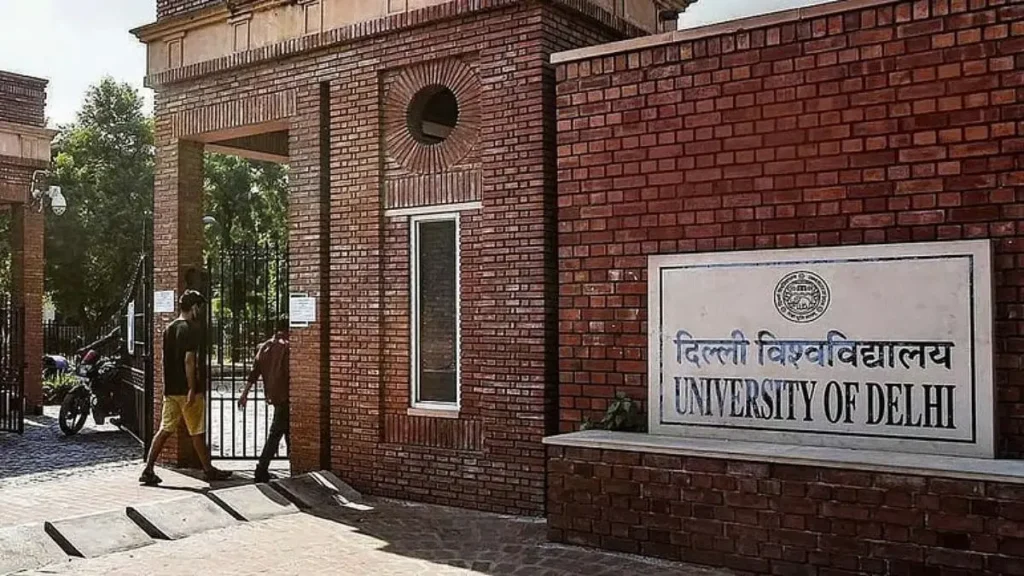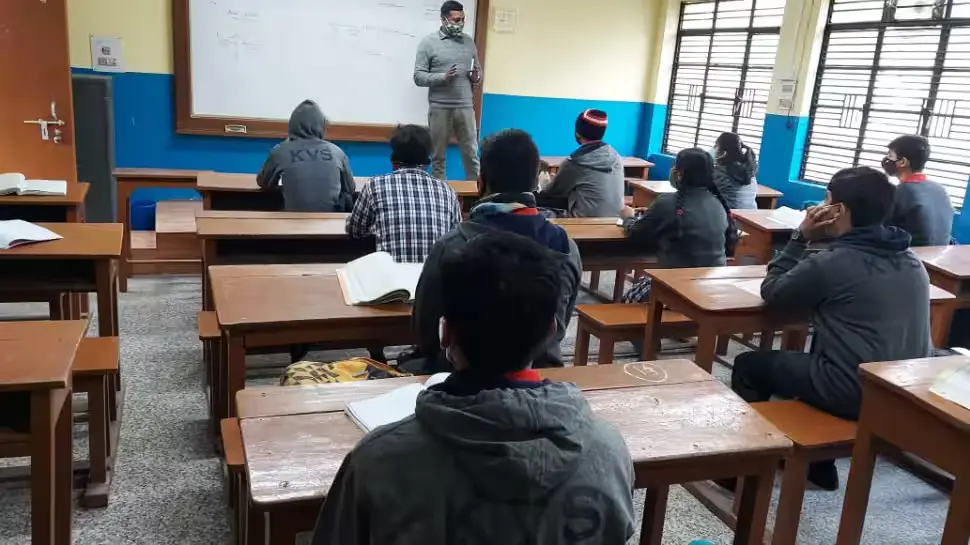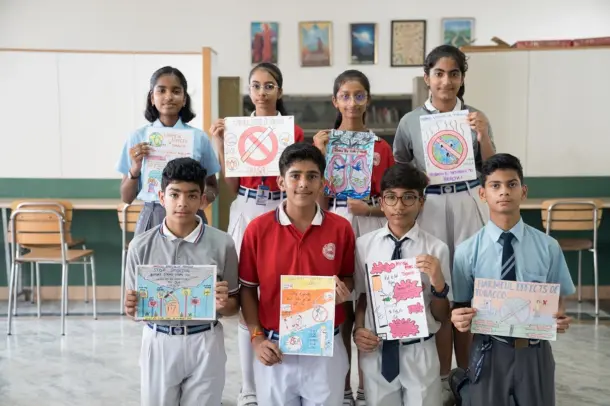Despite Rise in MBBS Seats, Nearly 2,850 Vacant in 2024: Government Data
Despite a 39% surge in MBBS seats over the last few years, 2,849 undergraduate medical seats remained vacant in the 2024–25 academic year, according to the latest figures from the National Medical Commission (NMC). The data was shared in the Lok Sabha on August 1 by Anupriya Patel, Minister of State for Health and Family Welfare, in response to an unstarred question posed by TDP MP Putta Mahesh Kumar. India’s MBBS seat count rose from 83,275 in 2020–21 to 1,15,900 in 2024–25, driven by the establishment of new medical colleges and enhanced infrastructure and faculty availability. However, vacancies in undergraduate medical admissions (excluding AIIMS and JIPMER) peaked at 4,146 in 2022–23 before decreasing to 2,849 this year. The NMC has introduced the Minimum Standard Requirement Regulations, 2023, to ensure that institutions maintain robust standards in infrastructure, clinical materials, faculty strength, and other essential facilities. Among the states, Uttar Pradesh, Tamil Nadu, Karnataka, Maharashtra, and Gujarat accounted for the highest number of medical seats in both 2020–21 and 2024–25. To further boost medical education, the government has implemented a centrally sponsored scheme to upgrade district and referral hospitals into medical colleges, especially in underserved regions. Of the 157 medical colleges approved under this initiative, 131 are currently operational. Additionally, another centrally sponsored scheme is focused on expanding the capacity of existing state and central government medical colleges by strengthening infrastructure and increasing both MBBS and postgraduate seats. As part of the Pradhan Mantri Swasthya Suraksha Yojana (PMSSY), 75 Super Speciality Block projects have been approved to upgrade government medical colleges, with 71 already completed. Under the central sector initiative to establish new AIIMS, 22 institutes have been approved, and undergraduate courses have started in 19 of them. Source: Indian Express
Despite Rise in MBBS Seats, Nearly 2,850 Vacant in 2024: Government Data Read More »










